
Turkey: Getting gold out from under Turkish mattresses
Turkey: Getting gold out from under Turkish mattresses
 |
Turks still favor a timeless investment strategy: buy gold and hide it somewhere safe, usually under the pillow or under the mattress. Turks are, in fact, the world's third-largest purchasers of the precious metal, after the Chinese and Indians. In 2013, the country's gold imports skyrocketed by 150 percent to reach a record level of 302.3 tons, totaling $16 billion in value, according to Turkey's Central Bank statistics. Buying physical gold, that is, the actual metal as opposed to stocking shares in gold electronically is seen as a traditional investment for many Turks, who are seeking security against fluctuations in the value of the Turkish lira. It is believed that over 5,000 tons of gold currently worth close to $200 billion, are held under the mattresses and pillows by Turkish residents as a form of personal savings, and therefore kept out of the banking system. Jewelry is also seen as a traditional gift for new babies and is given at wedding ceremonies in the country. Turkey's Central Bank also held gold reserves totaling $20.13 billion as of December 19 of this year.But the Turkish economy needs this money for investment as growth slows and high interest rates make borrowing expensive. Can the government and the banks convince gold buyers to take their gold out from under the mattress and either sell it, or put it in the bank? The government has come up with a plan to persuade gold hoarders to do just that.Banks in the country have been hosting "golden days," [inspired by the name of traditional daytime tea parties of Turkish women, in which the host receives gold coins from the guests] when customers bring in coins and jewelry to be evaluated by gold experts.
Turkish government would like to see this gold get out of the house and into the bank. "If only 10 percent of these personal savings were put back into the Turkish economy, it would amount to a financial resource of around $20 billion," said Özcan Halaç, the chairman of Istanbul Gold Refinery.
"Gold hidden under mattresses by Turkish citizens is a great power and a secret weapon for the Turkish economy" for more information.
|
Wind power investors choose Aegean Sea for productivity  |
The perpendicularity of the mountains to the Aegean Sea makes the region appealing for wind power investment. In the Aegean region, İzmir has taken the lead in terms of wind power investment. One in every four plants currently under construction across Turkey is in İzmir, where the installed capacity of plants is around 613 megawatts. President of the Turkish Wind Energy Association (TUREB), Mustafa Serdar Ataseven, said that Turkey's total installed electric energy capacity is 68,000 megawatts, 4,000 megawatts of which is provided from wind power. "Turkey is one of the top 10 countries in Europe in terms of installed capacity," Ataseven said. "We are one of the outstanding countries in the world after the recent developments. Both the European Wind Energy Association and the World Wind Energy Council says that Turkey has a fast growing wind power economy." Despite positive developments, Turkey has still been unable to reach a satisfactory level according to Ataseven. "There are countries in the world meeting 35 percent of their total energy needs from wind. According to data from 2014, there is 91,000 megawatts of installed power in China, 61,000 in the U.S. and 35,000 in Germany. Denmark is aiming to meet 50 percent of its total energy needs from wind power by 2020. Renewable energy tops the world energy list and we hope the same for Turkey." Turkey meets 72 percent of its energy demand through imports, which means foreign debt, said Ataseven, adding that "The most appropriate solution to this is to decrease imported energy to the minimum level by using our own resources." |
Turkish purchases abroad match foreign acquisitions at home Total overseas investment by Turkish companies has doubled based on the previous record to reach $5.14 billion. Foreign company purchases and mergers conducted in 2014 in Turkey increased by 27 percent, reaching $5.25 billion. While foreign investor interest in Turkey is still high, this year 11 Turkish companies invested $5.1 billion in foreign mergers and company purchases, which doubled the previous record that was $2.5 billion in 2012. According to a report issued by Baker McKenzie, a company specializing in company mergers and purchases, the unit price per transaction in Turkey is around $468 million while previous transactions were worth around $215 million in 2007. The overseas purchases of Turkey in 2013 were around $1 billion, and Turkish companies have mostly invested in the United Kingdom, with figures around $3.2 billion - mainly due to Ülker's purchase of United Biscuits for more than $3 billion. When it bought Godiva in 2008, Yıldız Holding became the record holder of the biggest purchasing operation conducted abroad by a Turkish company; however, it also revived its own record by purchasing United Biscuits. After the U.K., Azerbaijan was the second country that attracted the highest amount of Turkish investment with $1.5 billion invested in 2014 and Russia was third with $175 million invested in 2014. There was also a steep increase in foreign investments made in Turkey in 2014. Foreign companies' company purchases in Turkey were around $5.25 billion with a 27 percent increase from last year, which were around $4.1 billion. Moreover, the number of transactions conducted this year was 66. Topping the list of companies that have invested in Turkey the most are Spanish companies with $2.5 million, followed by Chinese companies with $481 million and companies from United Arab Emirates with $439 million. Additionally, global mergers and purchases increased to $1.25 trillion from around $726 billion last year, which broke a world record. There was also an increase in the number of higher purchases and mergers, as 38 percent of the mergers and purchases conducted within this year were higher than $5 billion - the highest amount recorded since 1999. Furthermore, companies are more willing to invest in countries with high growth rates. In terms of sectors, the health sector broke a record this year with investments increasing by 80 percent to $257 billion, and 77 percent of the company mergers conducted within the health sector were worth more than $5 billion. Regionally, investments in Asia increased by 26 percent to $666 billion and Europe to $780 billion. musiad.us |
Bu haber toplam 1269 defa okunmuştur



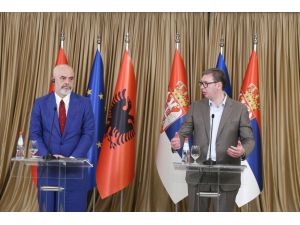

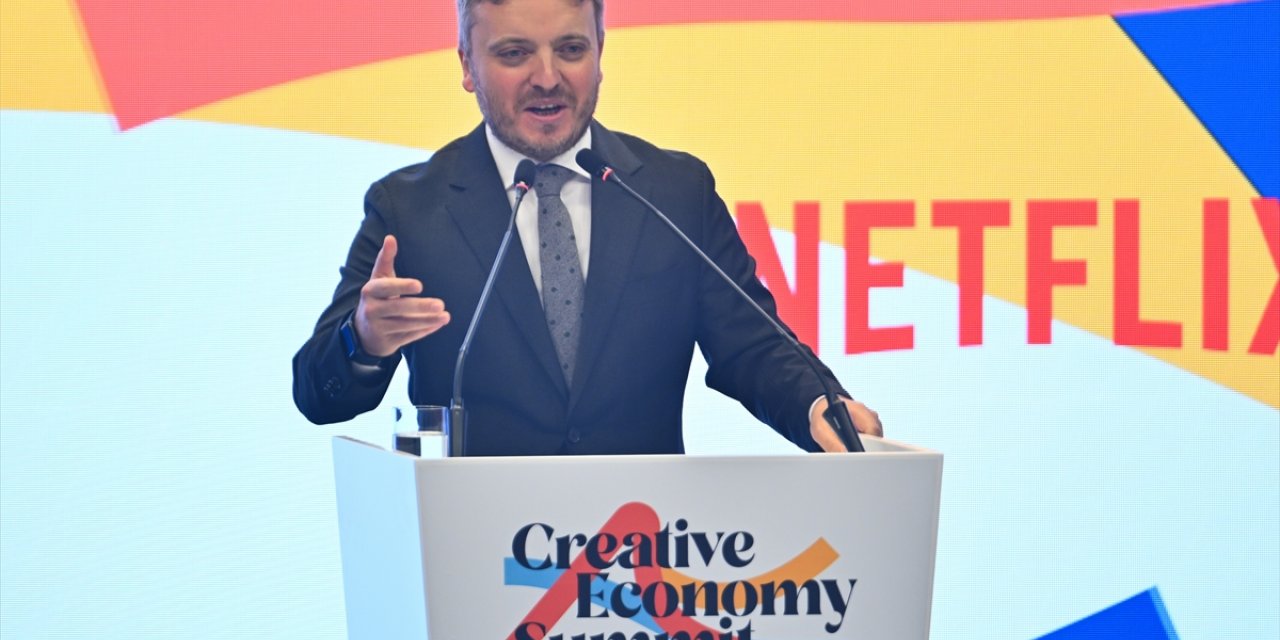


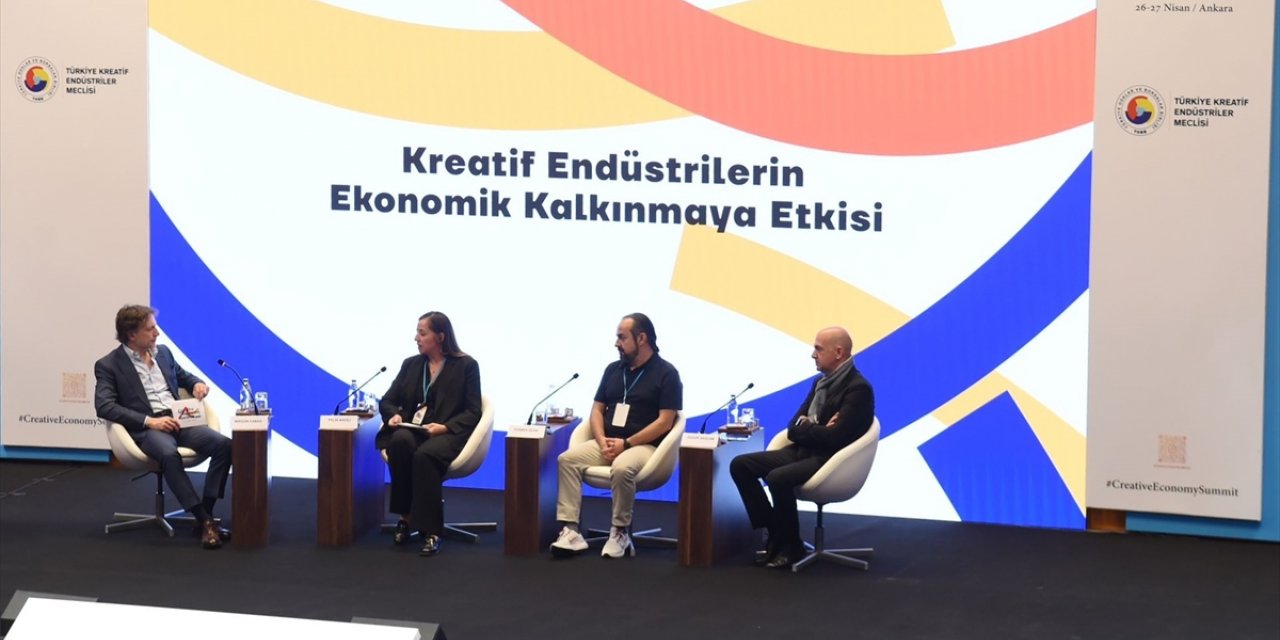
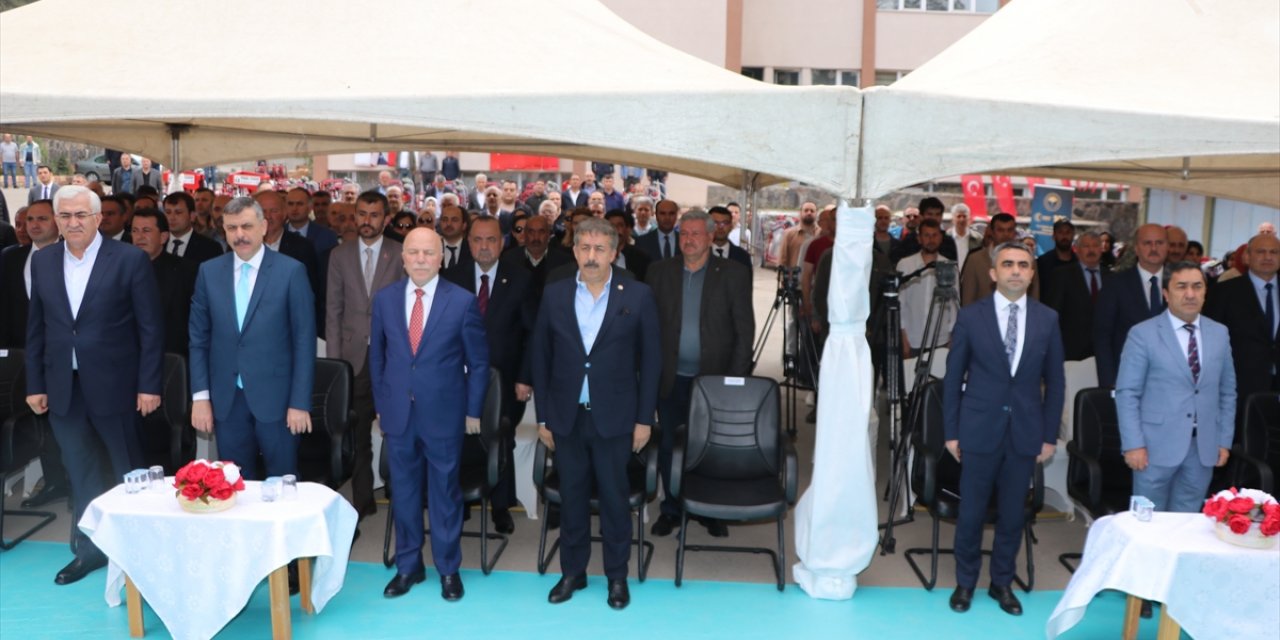
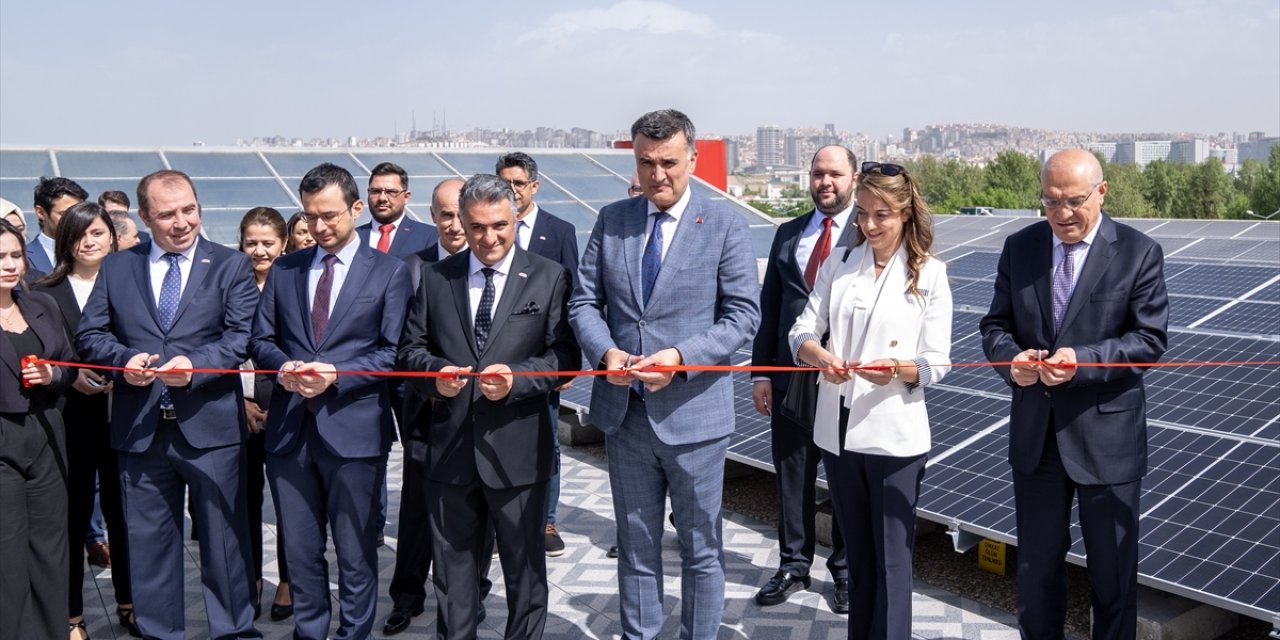
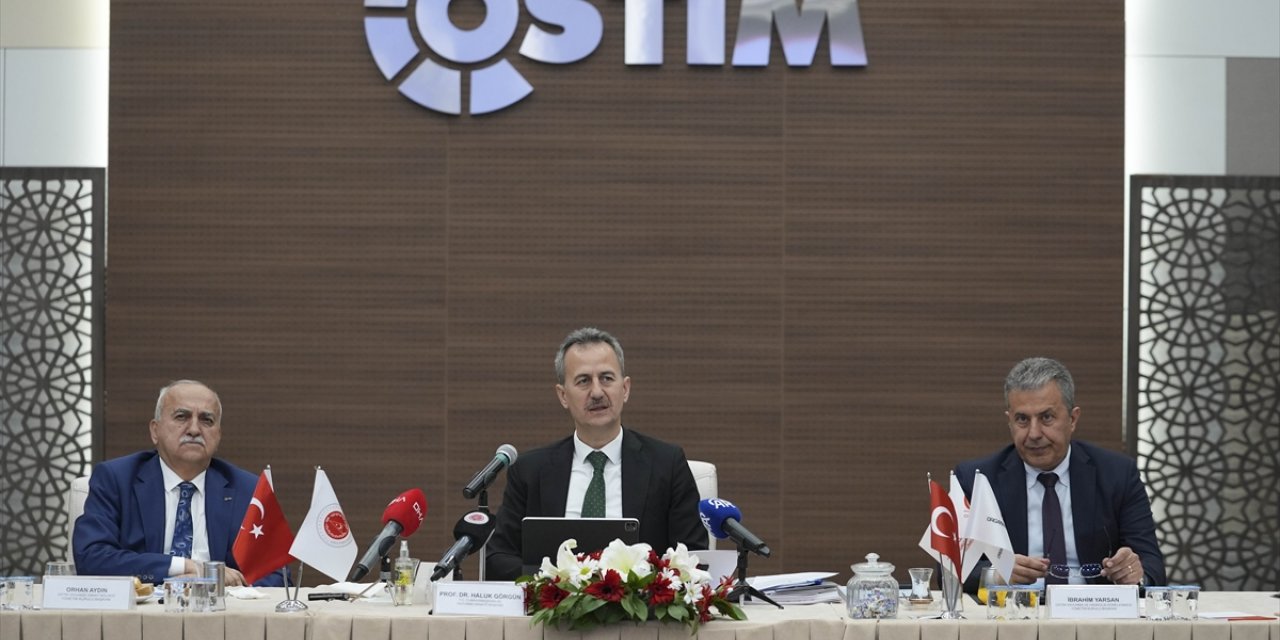
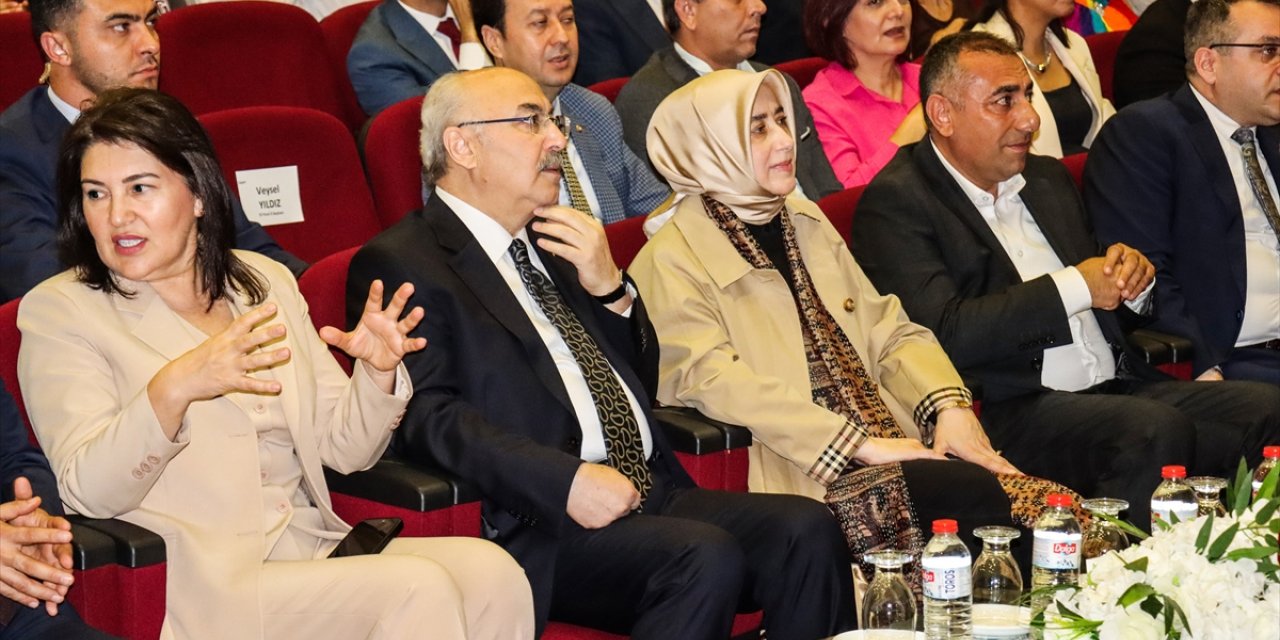
Türkçe karakter kullanılmayan ve büyük harflerle yazılmış yorumlar onaylanmamaktadır.